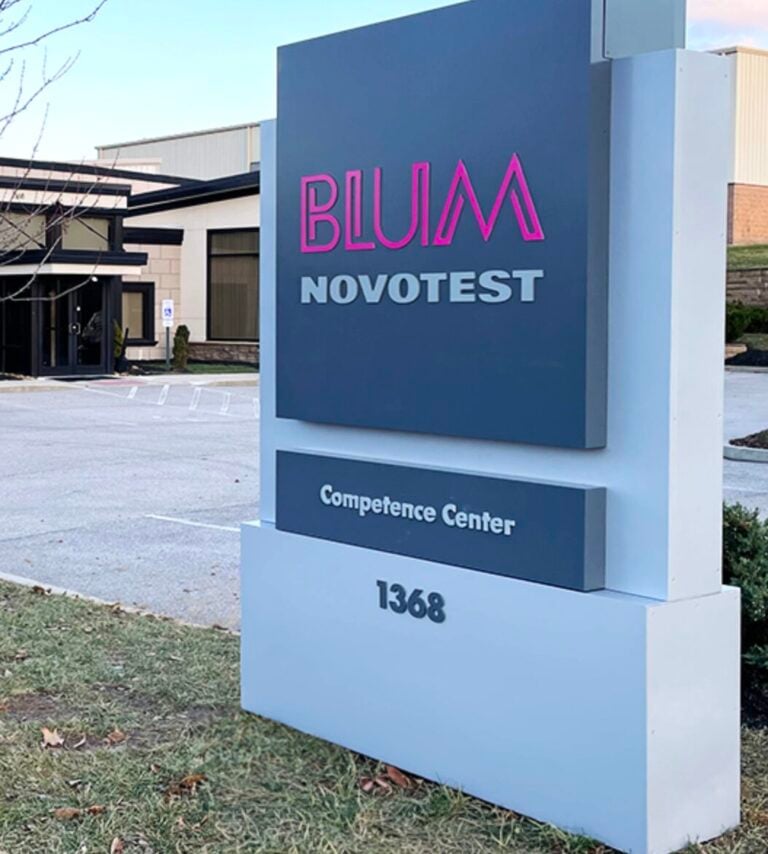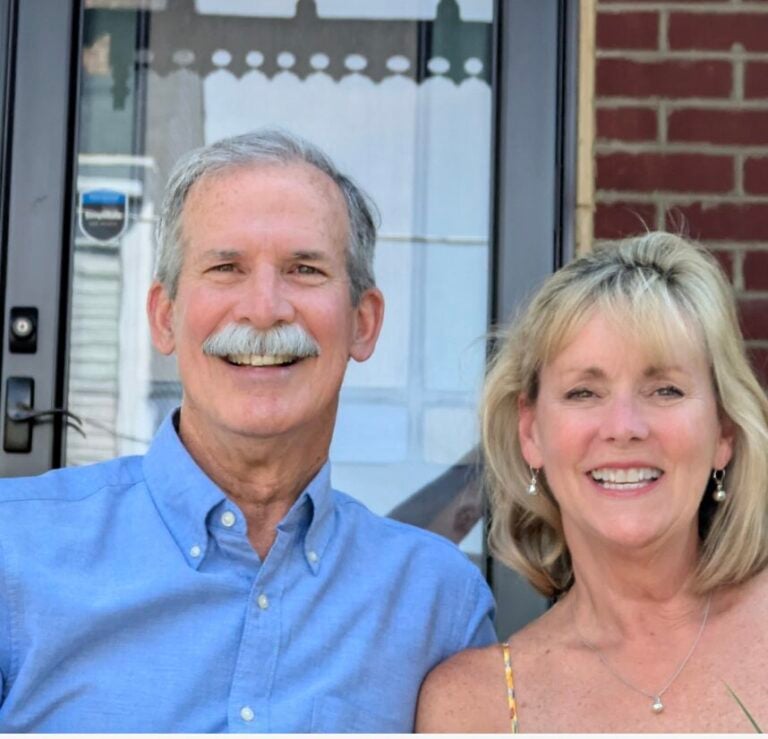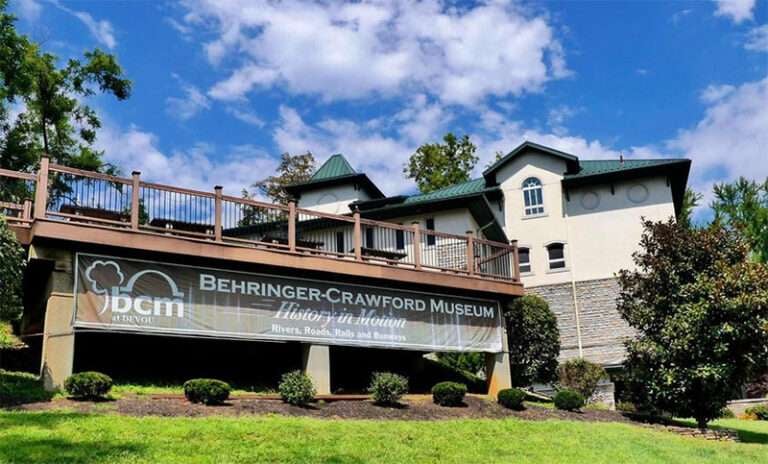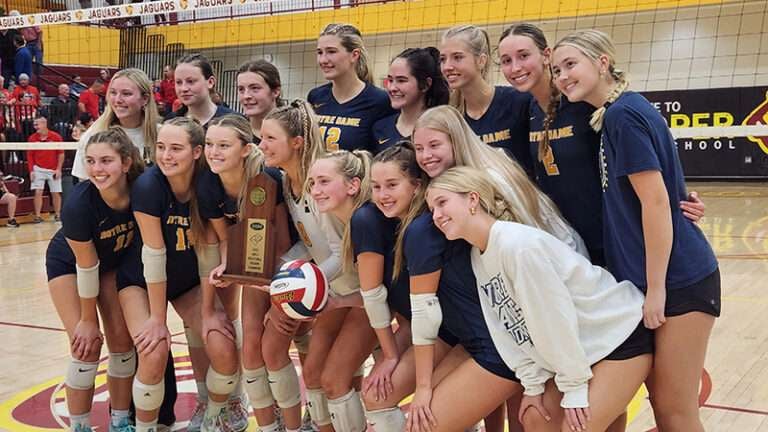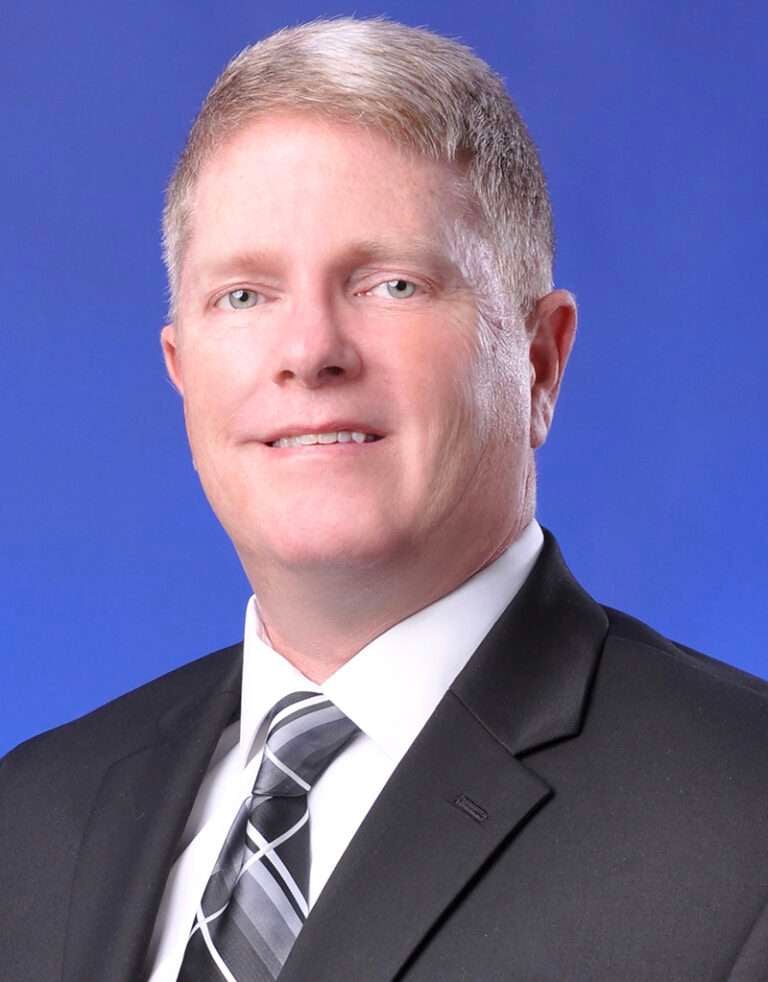The ladder of success is steep; it’s tough to keep your balance. If you have the vision, a safety belt was likely there to help you climb. Looking back, that safety belt that you remember was that certain person (s) who helped you in those early developmental years of your career. There could well be more than just one. They are those special people who were there to lead the way for you.
We usually call them “mentors.”
In fact, there is even a definition of a mentor. It’s defined as:
“Guidance and direction provided by a mentor; an experienced advisor within the early days of a career.”
Some companies or corporations prefer to use mentors during internships and networking. These very talented people have distinct responsibilities insuring that you grasp the basics, skills and experience to excel. Of course, all done while gaining your trust and respect.
Over, my two careers of law enforcement and broadcasting, I was honored with the position of being a mentor or training officer. Sure, in any line of responsibility there is the “book” or the company manual that has it all. When I joined the faculty at Cincinnati’s Ohio Media School to teach broadcasting and the fundamental basics of calling Play by Play, I used the following chart on my first day in class entitled:
THE LEARNING PROCESS
We retain :
· 10% of what we read
· 20% of what he hear
· 30% of what we see
· 50% of what we see and hear
· 70% of what we say
· 90% of what we say and do
And, then there is this ancient proverb :
· TELL ME, I FORGET
· SHOW ME, I REMEMBER
· INVOLVE ME, I UNDERSTAND

This is when you actually are allowed to perform your skills and duties under the watchful eye of your mentor, trainer or coach.
You never forget your first mentor. If you’re lucky, you enjoyed learning from a “people person.” A professional who’s talent, skills and experience make it easy for you to grasp your new responsibilities.
For me, I experienced it all at WIRO in Ironton, Ohio with Ken Jones.
It was 1964 and I was working the weekday Morning Show; but was also given the assignment of becoming Ken’s partner while broadcasting high school football and basketball. Ken was a solid broadcasting pro hosting his Morning Show – “Ken till 10” on WCMI in the mid 1950’s. We jelled just like peanut butter and jelly.
Ken mentioned that I should learn the fundamentals and skills of calling play by play as it would pay dividends within my career. However, I never had an opportunity to actually call a game on the air. He passed on many key pointers; but no opportunities to actually take over play by play on a broadcast. One Friday night at Russell High School, Ken and I were calling a game as usual. He provided the play by play and I was the “color” announcer as it was called back then. It was halftime and Ken left for some refreshments as I took over the half time show. There was two minutes to go before play resumed in the 3rd quarter and Ken had not returned. After searching the crowd, I finally found him and waved at him to get back in the radio booth to begin calling the 2nd half.
He just grinned and waved me off.
After about 5 minutes, he finally returned and took over calling the game. During his absence, I had to call the play by play. To this day, I have never heard those infamous 5 minutes. I shudder to think how bad it really was.
Yeah, I was nervous, but over time, through Ken’s mentoring I learned that role of play by play took tons of skill, talent and experience. After the game, Ken explained that what he did was necessary for me to understand the nuances of the role of play by play.

As time passed, I learned so much from Ken during all those early years via his strong mentoring skills. Ken Jones inspired my play by play style that I would use for the next 55 years of my long career.
Sadly, we lost Ken November 14, 1970 in the Marshall University plane crash of the Thundering Herd Football team and staff. Ken was Sports Director of WHTN Channel 13 in Huntington, West Virginia. In 1969, he was named the West Virginia “Sportscaster of the Year.”
In 1970, I became a Police Officer in Ashland, Kentucky. During this era, the Police Academy wasn’t yet in existence. The burden of training came from “training officers” which was another term for mentors in all reality. A rookie officer was assigned to work various shifts with veteran officers who had the sole responsibility to acquaint new officers with every aspect of the profession.
This included enforcement of criminal law, officer safety, report writing, firearms safety, and to even become proficient with radio protocol. During a new officer’s “tour of duty” the schedule dictated we would rotate monthly shifts from day, evening and to midnight. These 3 shifts provided a variety of skills, knowledge and techniques from our mentors.
My career at Ashland carried me through two very eventful decades from 1970-1990.

However, those early years working with veteran training officers or mentors such as Tom Lynch, Bob Webb, Chapman Cole, Sam Hunter and C.A. Gray paid many dividends. These fine veteran officers paved the way for the litany of training and experience that I would use over my long career.
Many times we discussed that certainly there was the ever present “book”, the training manual that was to be adhered to in any event or encounter. However, the greatest skill of survival and excellence on the job was that of communicating with the public tempered with the element of common sense. It was all predicated on being a good listener. These five Officers certainly mentored not only me, but many more rookies over those coming years. Many would call it – on-the-job training. Good reason, because that’s exactly what it was.
However, in a few years the Kentucky Department of Criminal Justice Training was eventually founded and Officers throughout Kentucky would spend months of mandated training in Richmond. Those very key months of academy training were filled with so many fine mentors. You can bet, even today, those graduates remember those mentors who made an impact on their respective career.
After retiring from the Ashland Police Department in 1990, I returned to active duty in 1998 through 2003 with the Northern Kentucky University Police Department. In a short time, I became our department’s Administrative Commander with the rank of Major. One of my many duties was handling NKU’s Police Officer’s Professional Standards or P.O.P.S.
This meant I was in charge of all departmental training and officer certification.
This duty mandated that once again, I would become a mentor. Even today, I feel a strong sense of pride and accomplishment having interacted with so many young officers over my 26 years of duty.
Mentors are very special people within any organization who proudly inspire, communicate, and instruct newer employees.
Thanks to all mentors wherever you may be.
Indeed, you hold the key to the future for your organization.
Well Done.
Mike Tussey has “retired” from a 60-plus-year career as a legendary play-by-play announcer for over 2000 football, baseball, and basketball games, including most recently for ESPN+. His career also includes a stint in law enforcement, teaching and coaching, and writing books, including the “Touchdown Saints.” He grew up in Eastern Kentucky and now lives in Florence with his wife, Jo. He has opened another “Door of Opportunity” and is now a regular columnist for the NKyTribune.







